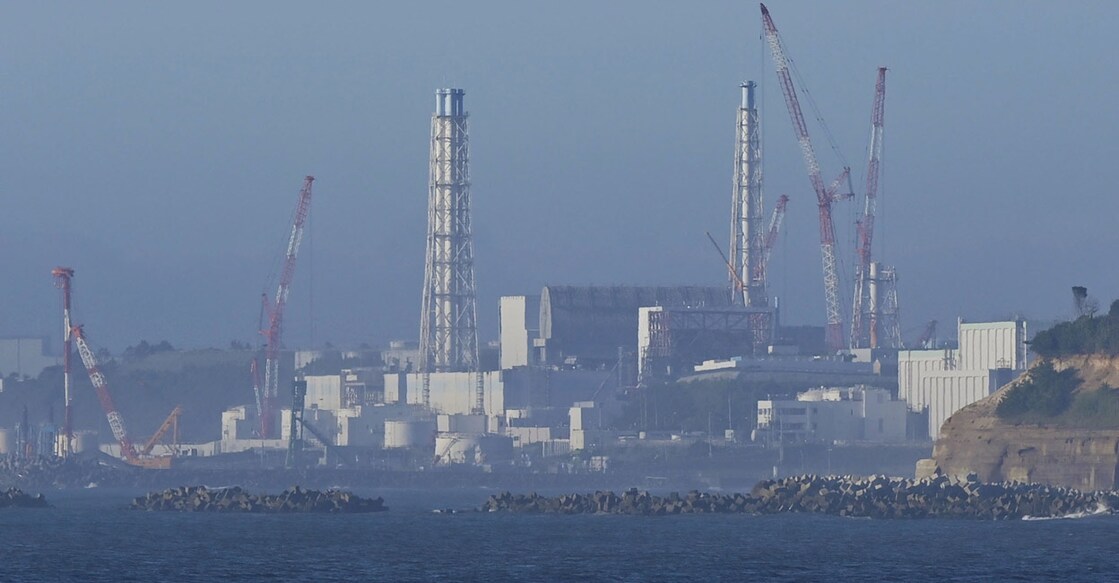Japan releases Fukushima water into the ocean, prompting criticism, seafood bans

Mail This Article
Tokya: Japan on Thursday started releasing treated radioactive water from the wrecked Fukushima nuclear power plant into the Pacific Ocean, a polarising move that drew fresh and fierce criticism from China as being "selfish and irresponsible".
Approved two years ago by the Japanese government and greenlighted by the U.N. nuclear watchdog last month, the discharge is a key step in a dauntingly long and difficult process of decommissioning the Fukushima Daiichi plant, including the removal of molten fuel.
Plant operator Tokyo Electric Power (Tepco) said the release began at 1:03 p.m. local time (0403 GMT) and it had not identified any abnormalities with the seawater pump or surrounding facilities.
However, China - ahead of the release - expressed its anger.
Through a spokesperson, China's nuclear safety administration on Thursday called the Japanese government "extremely selfish and irresponsible in forcibly launching the discharge ... putting its own selfish interests above the well-being of all mankind."

China said it would also take necessary measures to protect marine environment, food safety and public health, and would step up monitoring of radiation levels in its waters following the discharge.
Tokyo has in turn criticised China for spreading "scientifically unfounded claims." It maintains the water release is safe, noting that the International Atomic Energy Agency (IAEA) has also concluded that the impact it would have on people and the environment was "negligible."
Decades long process
The release of the wastewater has unsettled other countries in the region, with Cook Islands Prime Minister Mark Brown saying that while science supported Japan's decision, the region may not agree on the "complex" issue.
Japanese fishing groups, hit with years of reputational damage from radiation fears after the plant was destroyed by a tsunami, have long opposed the plan. They fear it will lead to a loss of sales, including from export restrictions to major markets.
Hong Kong and Macau - both Chinese-ruled regions - are set to implement a ban on Japanese seafood from regions including the capital Tokyo and Fukushima starting Thursday.
The water will be released in smaller portions initially and with extra checks. The first discharge totalling 7,800 cubic metres - the equivalent of about three Olympic swimming pools of water - will take place over about 17 days.
According to Tepco test results released on Thursday, that water contains about up to 63 becquerels of tritium per litre, below the World Health Organization drinking water limit of 10,000 becquerels per litre. A becquerel is a unit of radioactivity.
Tepco expects the process of releasing the wastewater - currently totally more than 1.3 million metric tons - to take about 30 years.
Civic groups have launched protests in Japan and South Korea, although South Korea's government has said its own assessment found no problems with the scientific and technical aspects of the release.
Ahead of the release, a few dozens protesters gathered in front of Tepco's headquarters in Tokyo holding signs reading "Don't throw contaminated water into the sea!" The rally was over in about an hour.
The Fukushima Daiichi plant was destroyed in March 2011 after a massive 9.0 magnitude earthquake generated powerful tsunami waves that caused the meltdowns of three of its reactors.

